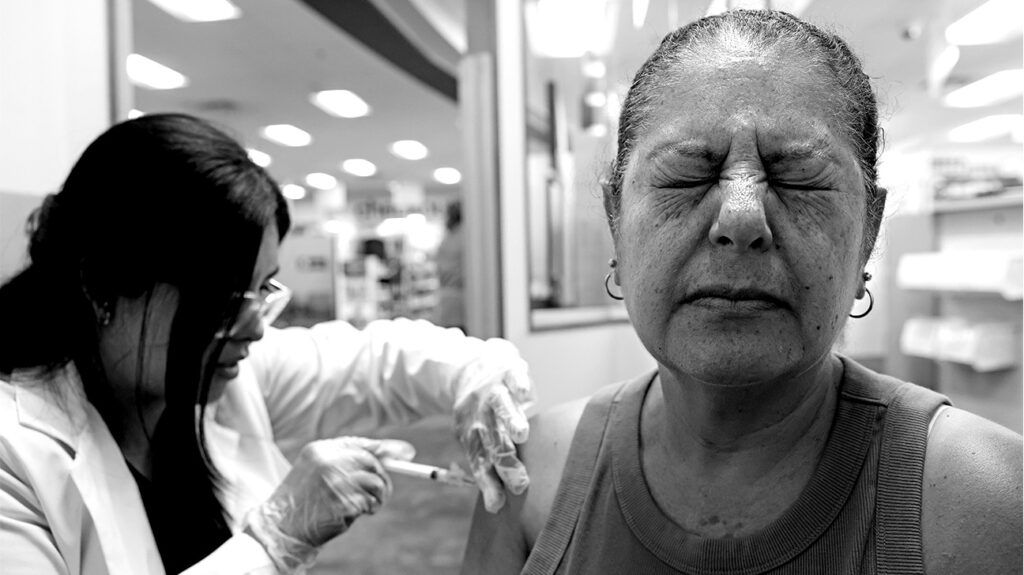Innovative AI Tool Incorporates Patient and Clinician Insights to Personalize Heart Failure Care Across Continents

A groundbreaking AI project brings together patients and clinicians across three continents to develop personalized, trustworthy heart failure management tools, aiming to enhance diagnosis, treatment, and patient engagement.
The recent advancement in heart failure management is marked by the development of the 'Trustworthy Artificial Intelligence for Personalized Risk Assessment' (AI4HF) project. This initiative actively engaged healthcare professionals, patients, and various stakeholders from Europe, South America, and Africa to co-create and assess a pioneering AI-based tool designed to tailor treatment and improve the management of heart failure across diverse populations.
Heart failure remains a significant global health challenge, affecting over 64 million individuals worldwide. Its prevalence continues to rise, driven by aging populations and extended survival due to effective guideline-based treatments. With an incidence rate of 1 to 4 per 1,000 person-years and a prevalence ranging from 1% to 3% in adults in developed nations—surging beyond 10% in those over 70—it underscores the urgent need for innovative diagnostic and therapeutic strategies.
According to Prof. Folkert W. Asselbergs of Amsterdam UMC, coordinator of AI4HF and Chair of the European Society of Cardiology's Digital Cardiology and AI committee, diagnosing and optimizing treatment for heart failure is complex due to its diverse causes, overlapping symptoms, and progressive nature. Traditional diagnostic methods struggle to analyze vast datasets, including electronic health records, imaging, laboratory results, and wearable device data. AI tools excel in integrating these high-dimensional data, uncovering subtle patterns that assist clinicians in delivering more precise, personalized care, thereby potentially improving patient outcomes.
The project’s first work package, led by SHINE 2Europe, focuses on multi-stakeholder engagement and social innovation, connecting research with real-world needs. Collaborations with the European Heart Network and ESC helped facilitate discussions with a wide array of stakeholders, including patients, healthcare providers, hospital administrators, and advocacy groups.
A series of workshops and meetings, including an international one-day event, brought over 28 stakeholders together to address key issues such as health literacy, lifestyle personalization, early diagnosis of different heart failure types, patient motivation, and shared decision-making. Local clinical and patient working groups—comprising healthcare professionals and patients—have been established in five sites across Europe, Africa, and South America. These groups provided crucial cultural and organizational insights to guide the AI4HF development, emphasizing the importance of individual patient traits and the need for flexibility in AI-based care tools.
Patients expressed a desire for the AI system to offer actionable advice for symptoms like dyspnea or edema and to suggest optimal treatment plans. While patients are generally comfortable with mobile technology, trust in AI remains a critical hurdle. The engagement of over 200 stakeholders during the project’s initial years underscores the commitment to inclusive, human-centered innovation.
Currently, a third round of feedback sessions is underway, focusing on refining the risk prediction tool’s design and assessing potential biases in its application. Results from these efforts are anticipated in autumn 2025, promising further enhancements in AI-driven personalized heart failure management.
This collaborative and inclusive approach aims to revolutionize heart failure care, making it more personalized and effective through trustworthy AI, while fostering greater trust and engagement among all stakeholders involved.
Stay Updated with Mia's Feed
Get the latest health & wellness insights delivered straight to your inbox.
Related Articles
Neural Circuit Activation Shifts Focus from Foraging to Safety in Mice
Scientists have identified a brain circuit in mice that automatically prioritizes safety over foraging, revealing a key survival mechanism that could have implications for understanding stress and anxiety in humans.
FDA Approves Expanded Use of Vonvendi for All Types of Von Willebrand Disease
The FDA has expanded approval for Vonvendi, a recombinant von Willebrand factor, to include routine prevention and treatment of bleeding in all types of von Willebrand disease, including pediatric use, enhancing care options for this rare bleeding disorder.
Shingles Vaccine May Reduce Heart Disease Risk by 23%, New Research Shows
Recent research reveals that shingles vaccination can lower the risk of cardiovascular events by 23%, with benefits lasting up to eight years. Discover how vaccination impacts heart health beyond shingles prevention.



